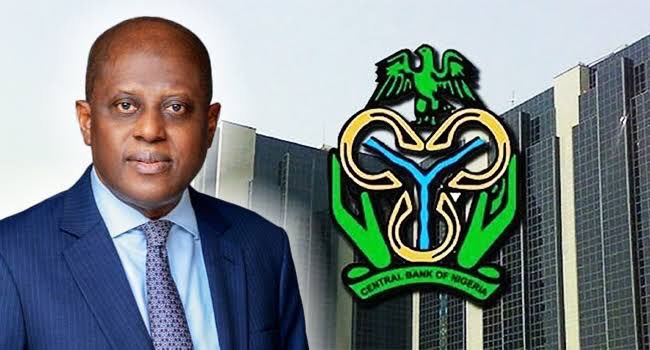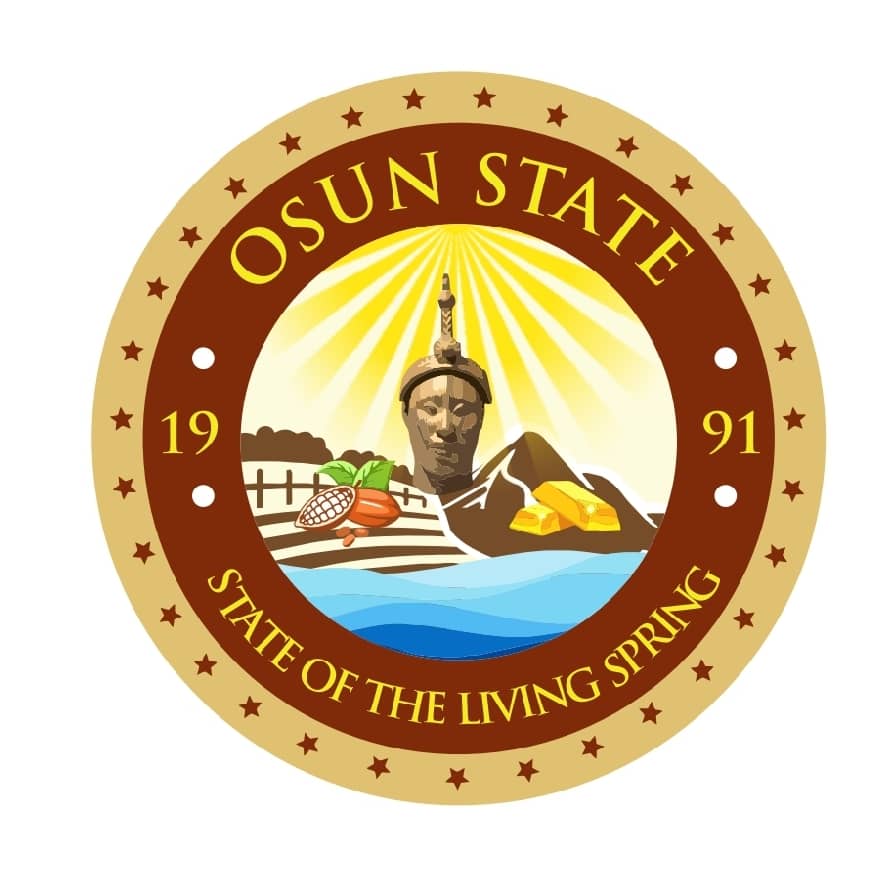EDITORIAL: The Cybersecurity Levy Controversy


In a nutshell, the contentious bill indicates that “Following the enactment of the Cybercrime (Prohibition, Prevention, etc) (Amendment) Act 2024 and under the provision of Section 44 (2)(a) of the Act, a levy of 0.5 percent (0.005) equivalent to a half percent of all electronic transactions value by the business specified in the Second Schedule of the Act, is to be remitted to the National Cybersecurity Fund which shall be administered by the Office of the National Security Adviser.”
This medium explains what the term means and how to know the cybersecurity levy charged on your transactions.
Firstly, it is important to know that 0.5% is equivalent to 0.005 (which is half of 1 percent). 0.005 is the decimal representation of 0.5%. Hence, this entails that CBN will deduct 0.5% of any transfer made by the stipulated guidelines.
For instance, if a customer wants to transfer the sum of N10,000, following the new CBN directive, the customer will be charged N50 for cybersecurity levy, this is aside from bank charges or any other charges incurred on bank transactions such as VAT, etc.
READ: House Of Reps Directs CBN To Suspend Cybersecurity Levy
The bill should be amended. For a start, there are dangers in a democracy for humongous sums of money to be paid into an account with the office of the National Security Adviser. There’s always opacity when it comes to accounting for funds interwoven with National security. We have had numerous examples of the problems involved in the past and there are still court cases.
There must be a human face to what is being interpreted as hash government policies. The continued erosion of purchasing power is already leading to massive inventories which is bound to lead to lay-offs.
If we countries with levies and taxation, consequences will be socially destabilizing. This is reflected in the opposition across the board to renew cyber security tariff, there must be a human face.
A way out is for the government to diligently implement the recommendations of the Oransaye committee’s report on the cost of the machinery of the government. This should now be extended since the Oransaye recommendations are now in my ways outdated, there’s too much fact in the operation of the government. The long-suffering public cannot continue to struggle with punitive multiple taxes and levies while a minuscule elite class are pampered with state-funded privileges. The time has come to rework the framework and put the people first.










